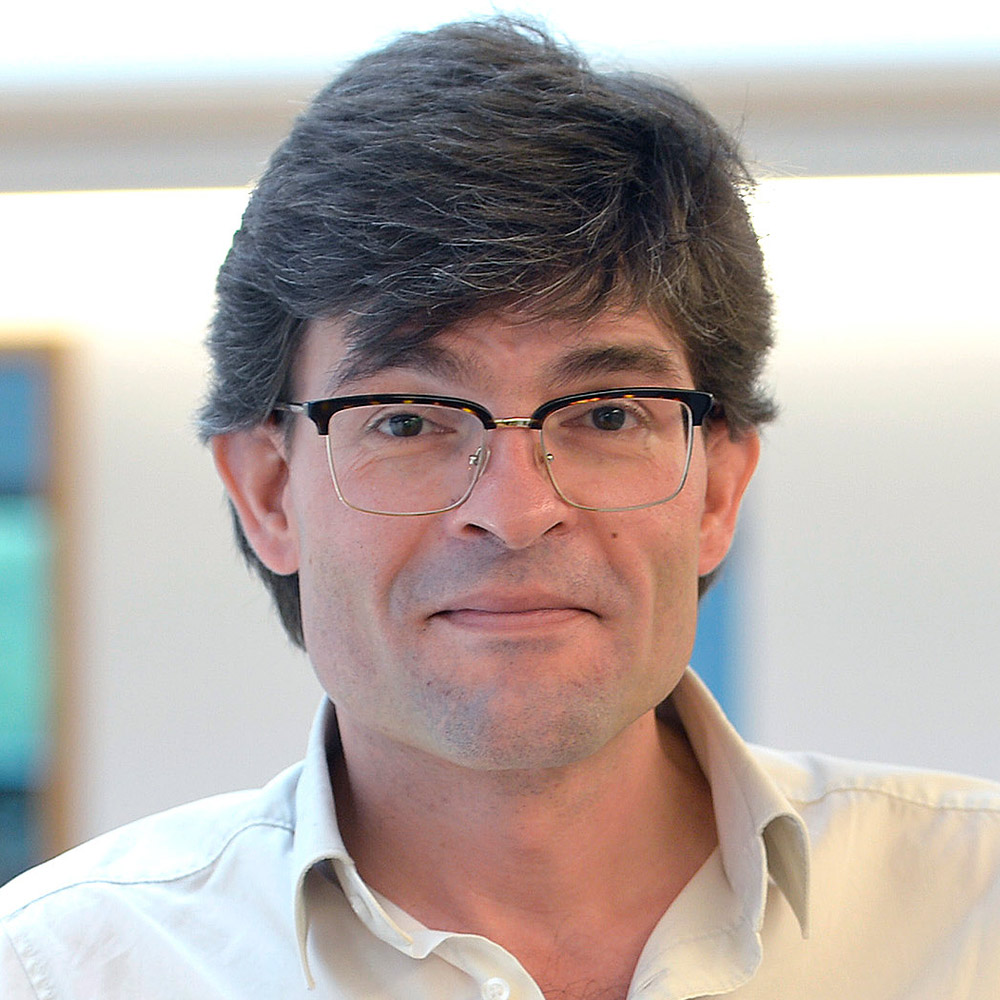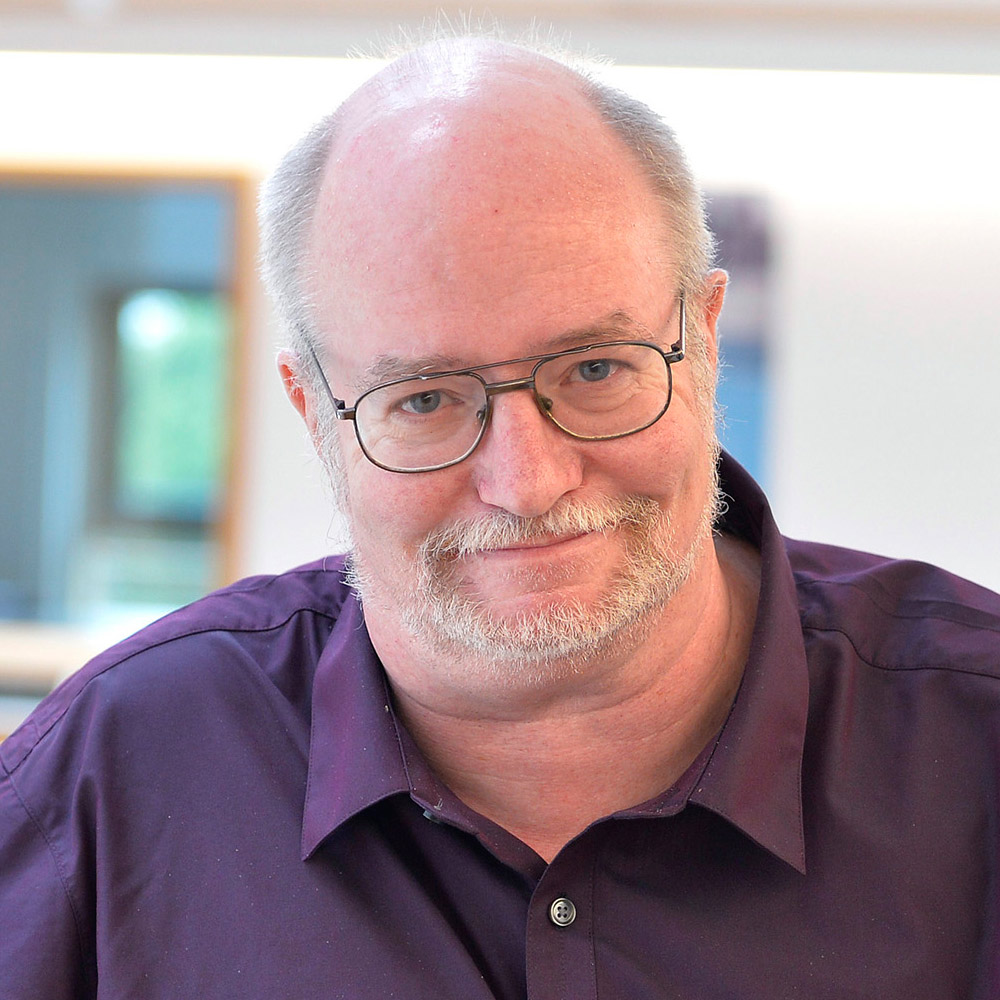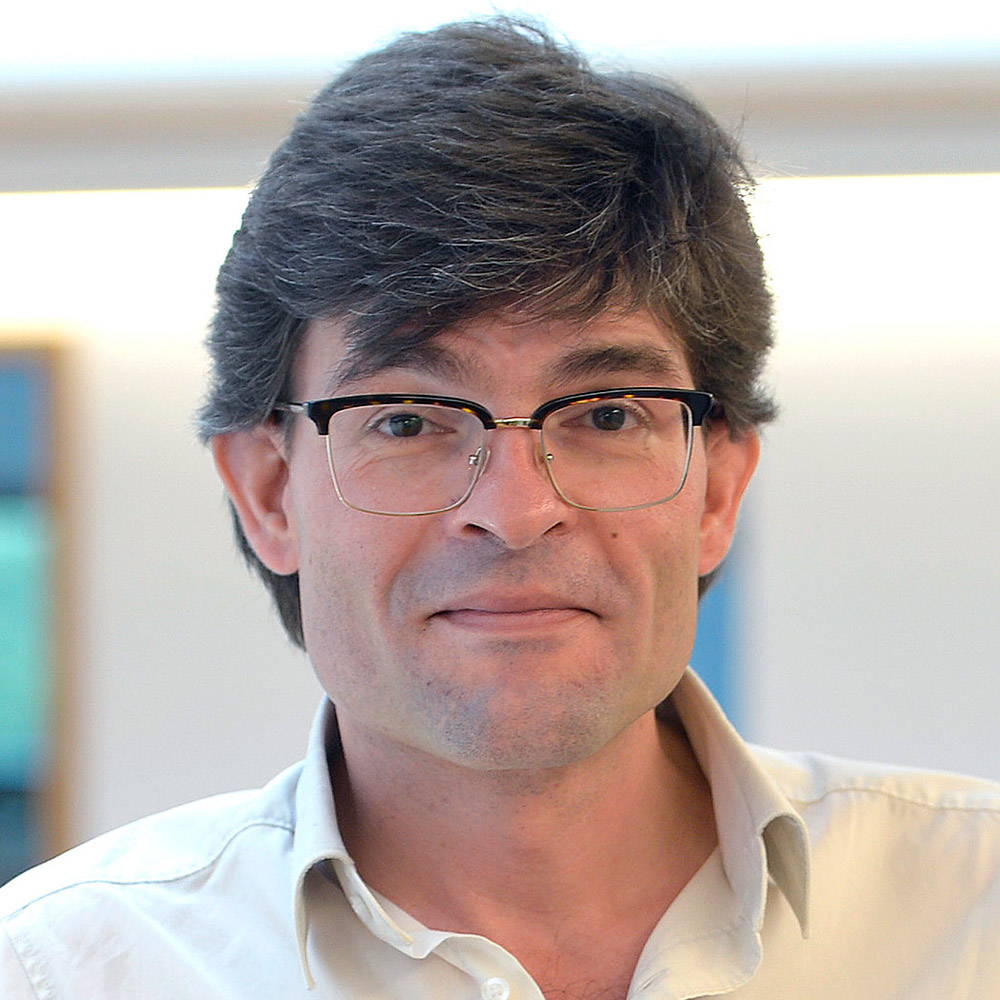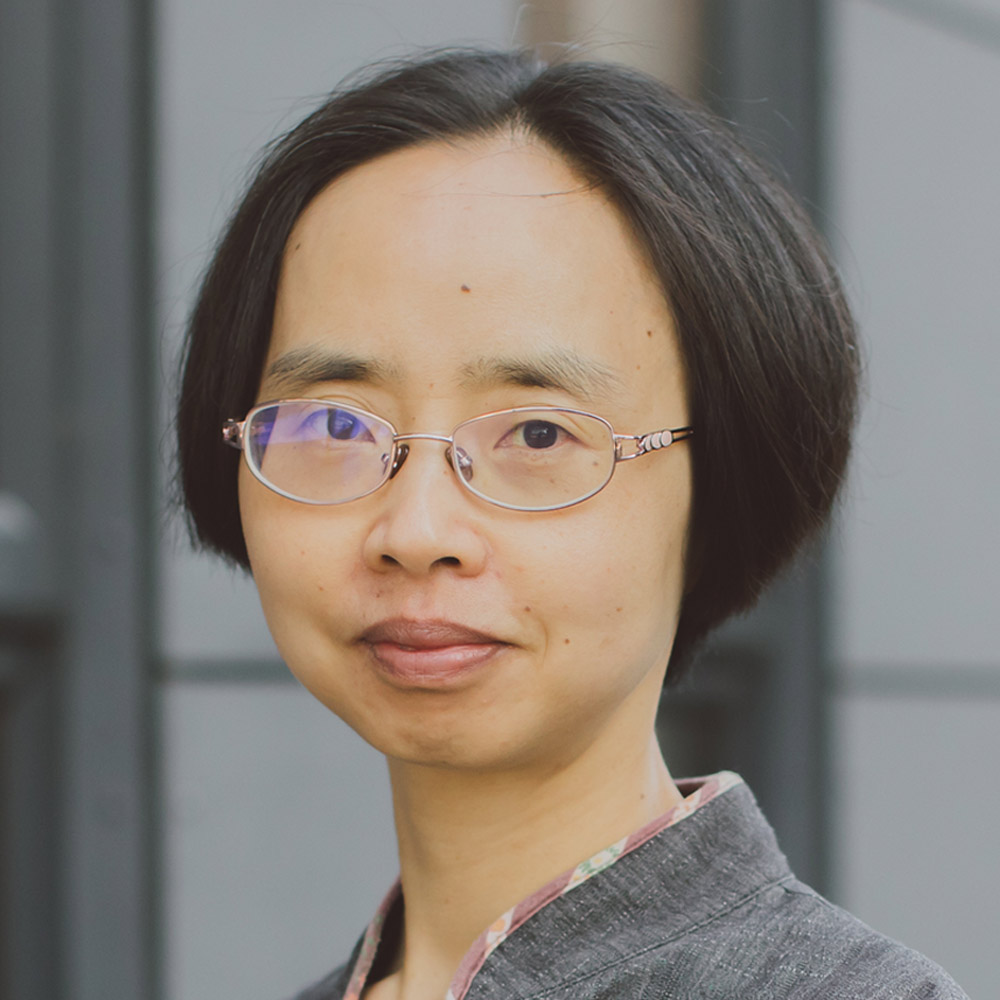We focus on war and other instances of historical conflict and trauma, exploring how they affect not just combatants but society, culture and politics more widely.
We explore how a range of factors (age, gender, class, sexuality) shapes involvement in war and conflict, and the impact of war, conflict and trauma on people, communities and states in a variety of different historical settings.
We are also interested in how people involved in or affected by war and conflict make sense of their experiences, in letters, diaries, memoirs, and interviews; in how individuals, communities and states 'remember' and commemorate wars and traumatic experiences in texts, monuments, and events; and in how and why these commemorative practices can be politicised and mobilised by subsequent generations for various different purposes.










